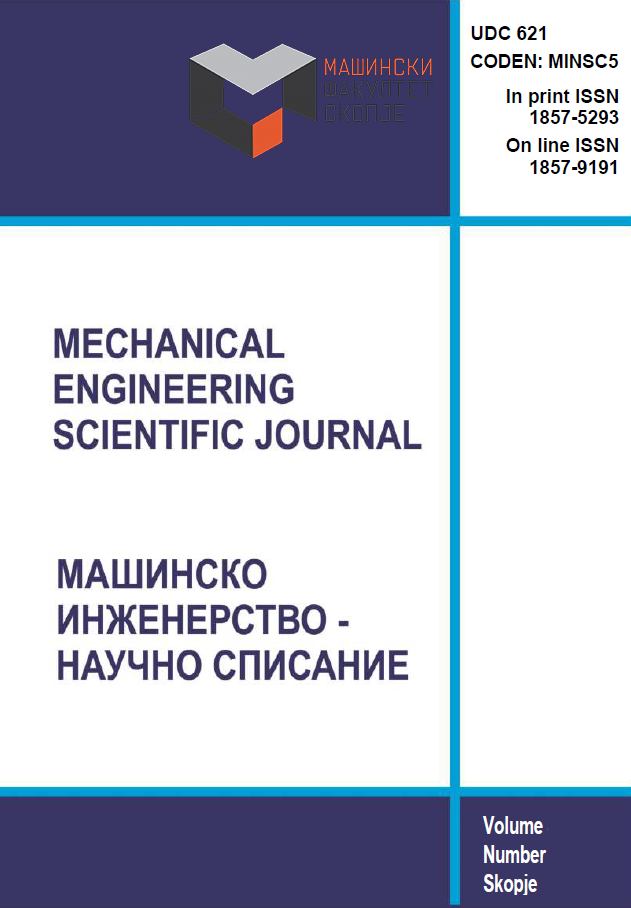664.COMPARISON OF DIFFERENT MODELLING APPROACHES FOR VEHICLEVELOCITY CONTROL ON AN UPCOMING BOTTLENECK SECTION
DOI:
https://doi.org/10.55302/MESJ23411664051jKeywords:
Internet of vehicles, traffic model, longitudinal dynamics, bottleneck mergeAbstract
With the development of the Internet of Things and the Smart infrastructure, simulating the traffic is not purely a mathematical question anymore, but also entails the vehicle dynamics as an important factor, due to the constant data sharing between the vehicles and the highly automated systems which control the behaviour of the vehicles. This paper aims to upgrade the traditional traffic flow model based on the Cellular Automata theory, by incorporating the positions and velocities of the vehicles, as well as introduce a longitudinal vehicle dynamics model, in order to determine the accuracy of the pure traffic model in a simulation environment (Python).Downloads
Published
29-06-2023
How to Cite
1.
Stefani J, Vase J. 664.COMPARISON OF DIFFERENT MODELLING APPROACHES FOR VEHICLEVELOCITY CONTROL ON AN UPCOMING BOTTLENECK SECTION. MESJ [Internet]. 2023 Jun. 29 [cited 2026 Feb. 28];41(1):51-8. Available from: https://mesj.ukim.edu.mk/journals/article/view/96
Issue
Section
Articles





